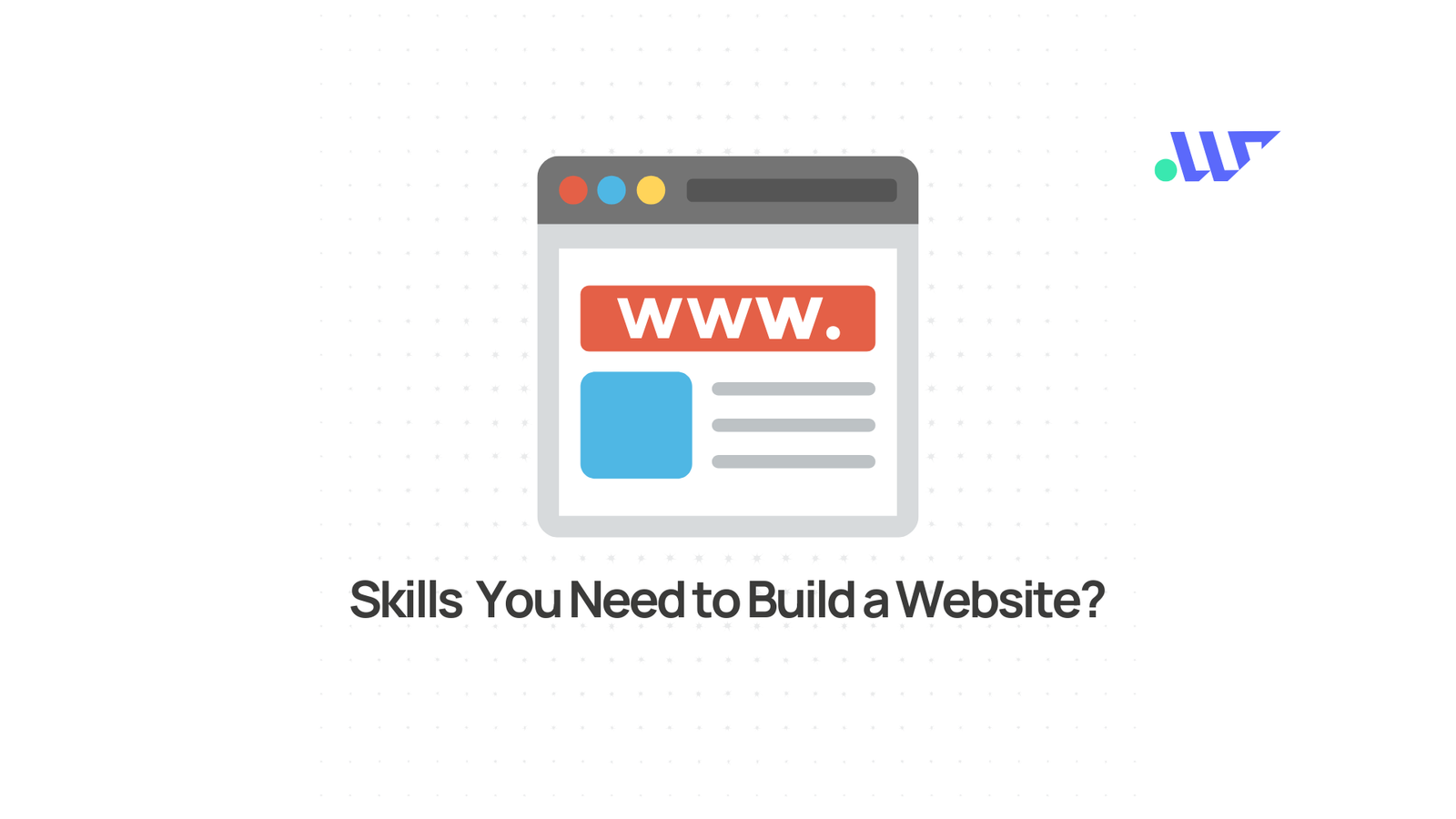Thinking of building your own website? You’re probably wondering, “What skills do I really need?” Here’s the short answer: To create a website, you’ll need a mix of technical skills like HTML, CSS, and SEO, along with soft skills like creativity, patience, and problem-solving. Whether you use a website builder or start from scratch, mastering these key skills can set you up for success!
In this guide, I’ll break down the essential skills every web designer and web developer should have. I’ll also sprinkle in some practical tips and interesting facts to help you on your journey.
Technical Skills to Build Your Website
1. HTML & CSS
Did you know that HTML and CSS form the backbone of all websites? HTML structures your site, while CSS makes it visually appealing. Without these, your site wouldn’t exist!
Tip: Start learning HTML5 and basic CSS from free resources like W3Schools or Codecademy. Practice creating simple pages to build your confidence.
Related: What is Text to HTML Ratio?
2. JavaScript
JavaScript breathes life into your website, adding interactive elements and improving user experience. It’s the reason buttons click, images slide, and forms submit seamlessly!
Tip: Begin with simple JavaScript tutorials to grasp the basics before exploring advanced frameworks.
3. Search Engine Optimization (SEO)
An impressive 93% of online experiences start with a search engine like Google. SEO helps your website rank higher in search results, making it easier for visitors to find you.
Tip: Include relevant keywords, optimize images, and keep your website fast and mobile-friendly.
4. User Experience (UX)
A website with good UX can boost conversions by up to 400%. Good UX means making your site intuitive, user-friendly, and enjoyable to navigate.
Tip: Test your website regularly with real users. Use their feedback to improve your design.
Soft Skills Every Web Designer Needs
1. Creativity & Basic Graphic Design
Creative design makes websites appealing and trustworthy. Great visuals keep visitors interested and encourage them to stay longer!
Tip: Use simple graphic design tools like Canva or Figma to create attractive visuals, even if you’re not a professional designer.
2. Problem-solving Skills
Websites rarely work perfectly on the first try. You’ll often encounter issues that require quick thinking and effective solutions.
Tip: Stay calm and approach problems methodically. There’s usually a solution just around the corner!
3. Patience & Persistence
Web development involves lots of trial and error. Being patient and persistent ensures you learn from each mistake and continually improve.
Tip: Keep a positive mindset and remind yourself that each challenge you overcome strengthens your skills.
4. Time Management
Effectively managing your time can save you significant effort and stress during your website-building projects.
Tip: Use scheduling and project management tools like Trello or Google Calendar to stay organized and meet deadlines.
Using a Website Builder vs. Building a Website from Scratch
Website Builder (Easy Path)
Website builders are perfect if you’re just starting out and want something fast and easy. They’re user-friendly and require no coding skills.
Pros: Easy to use, quick setup, no coding required. Cons: Limited customization options.
Tip: Great for personal blogs, small businesses, or hobby projects.
Building from Scratch (Custom Path)
Building your website from scratch offers maximum flexibility and customization. However, it requires a deeper understanding of web development.
Pros: Highly customizable, complete control over your website. Cons: Requires significant technical knowledge.
Tip: Ideal if you’re looking to pursue a career in web development or want full creative control.
Defining the Purpose and Goals of Your Website
Clearly defined goals lead to higher user satisfaction and conversions. Before starting your website, ask yourself:
- What’s the purpose of my website?
- Who is my target audience?
- What actions do I want visitors to take?
Answering these questions ensures your site effectively meets your objectives.
Related: Why You Should Invest in a New Website?
Conclusion
Building a website requires both technical and soft skills. While mastering HTML, CSS, and SEO is crucial, soft skills like creativity, patience, and effective problem-solving are equally important. Whether you use a website builder or build your website from scratch, continuous learning and practice will lead you to success.
Ready to kick off your web design journey? Let’s build something amazing!
Call to Action (CTA)
Start your website-building journey today! Share this guide or leave a comment about your first steps toward creating your own website.



